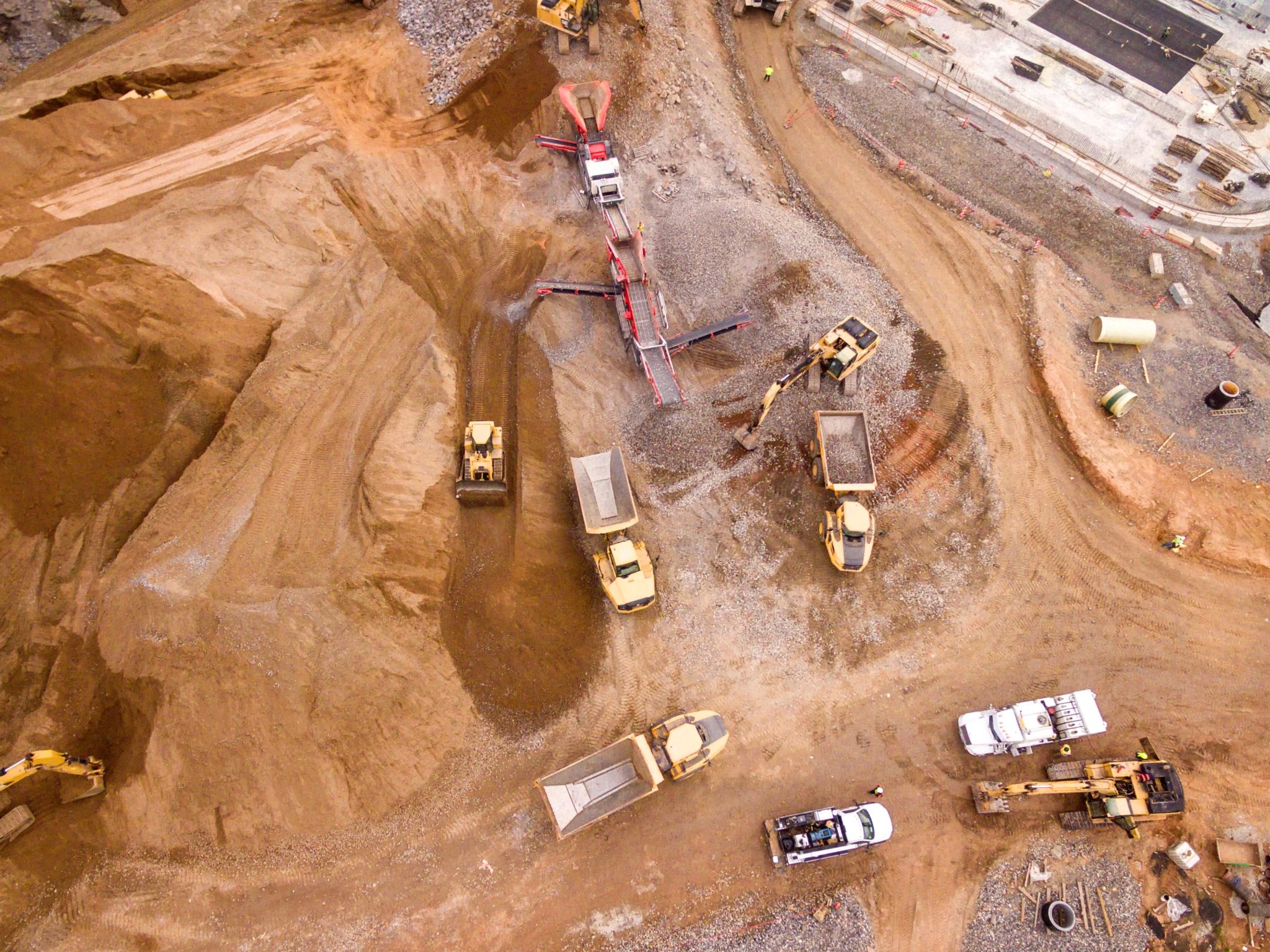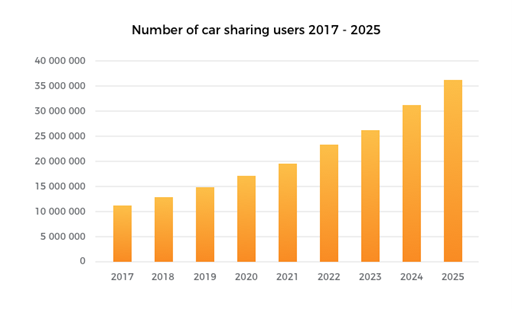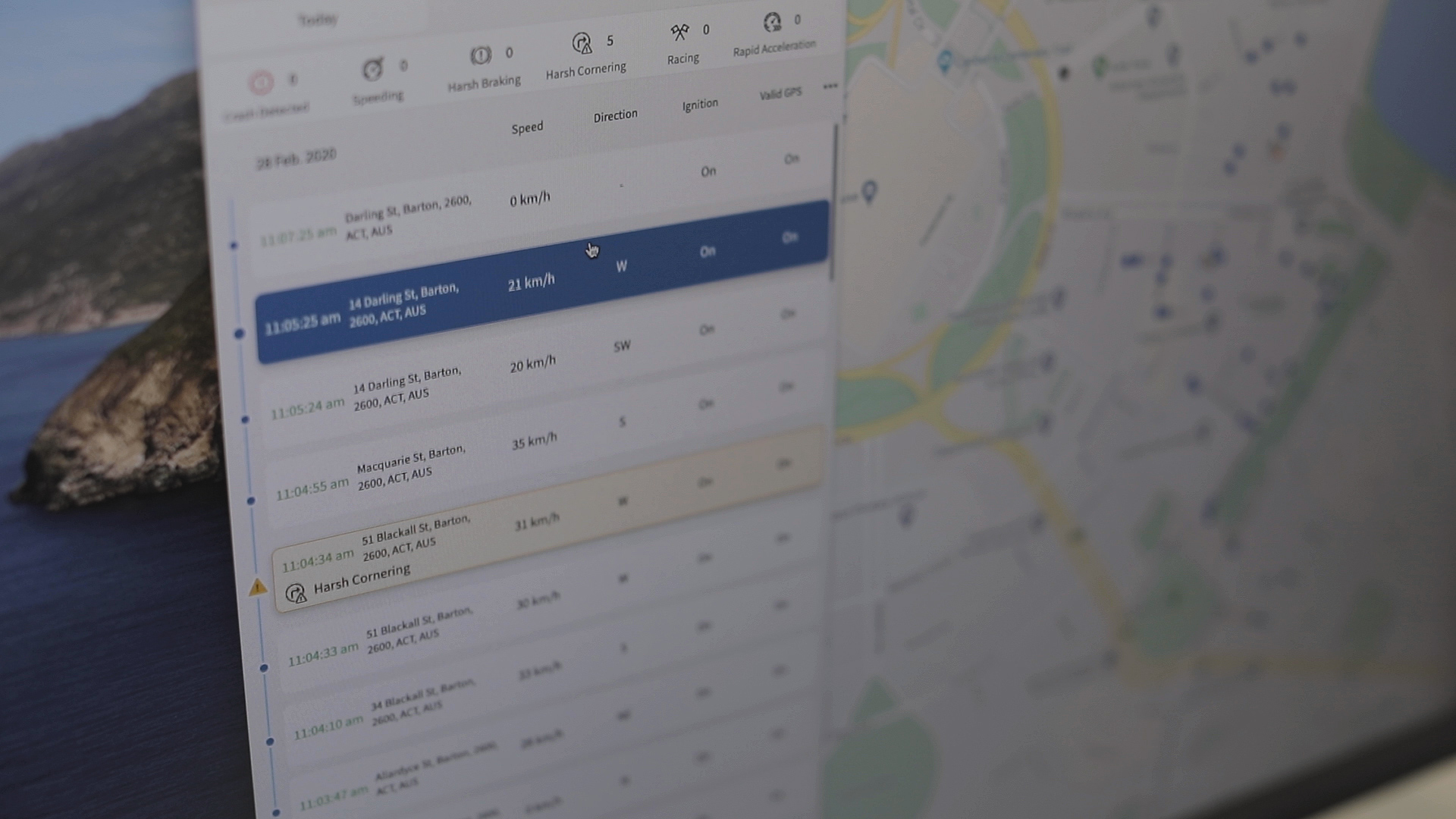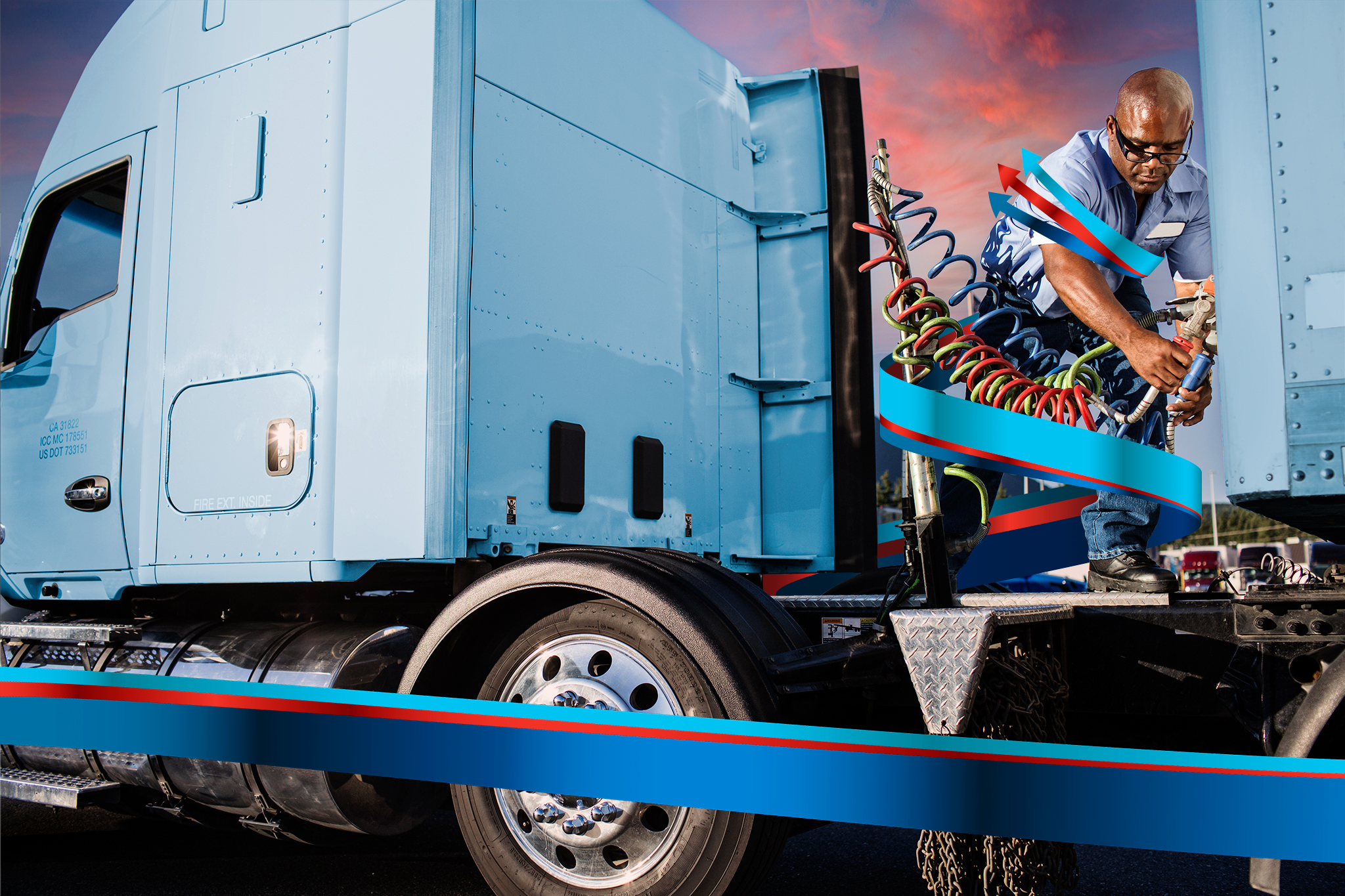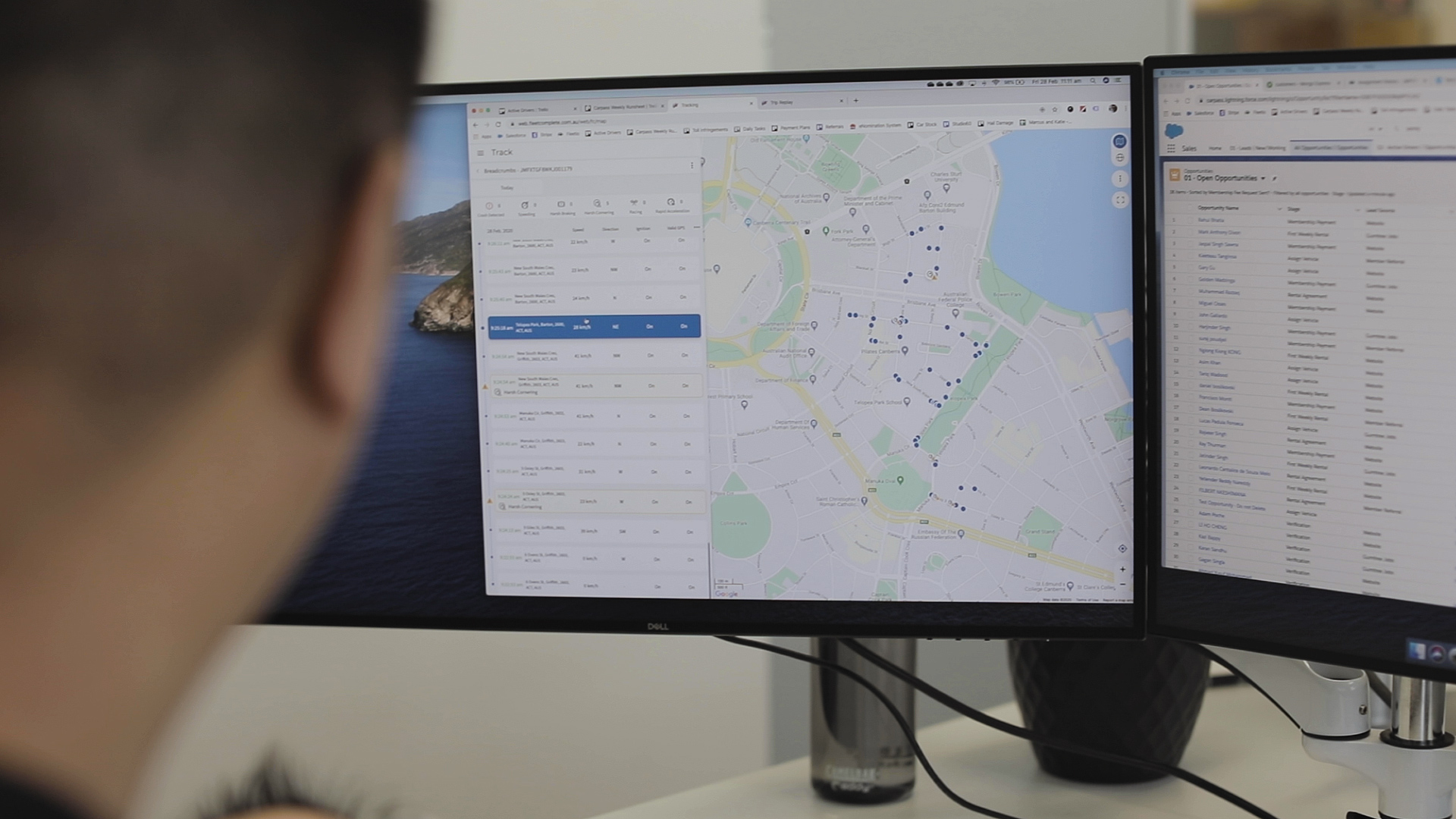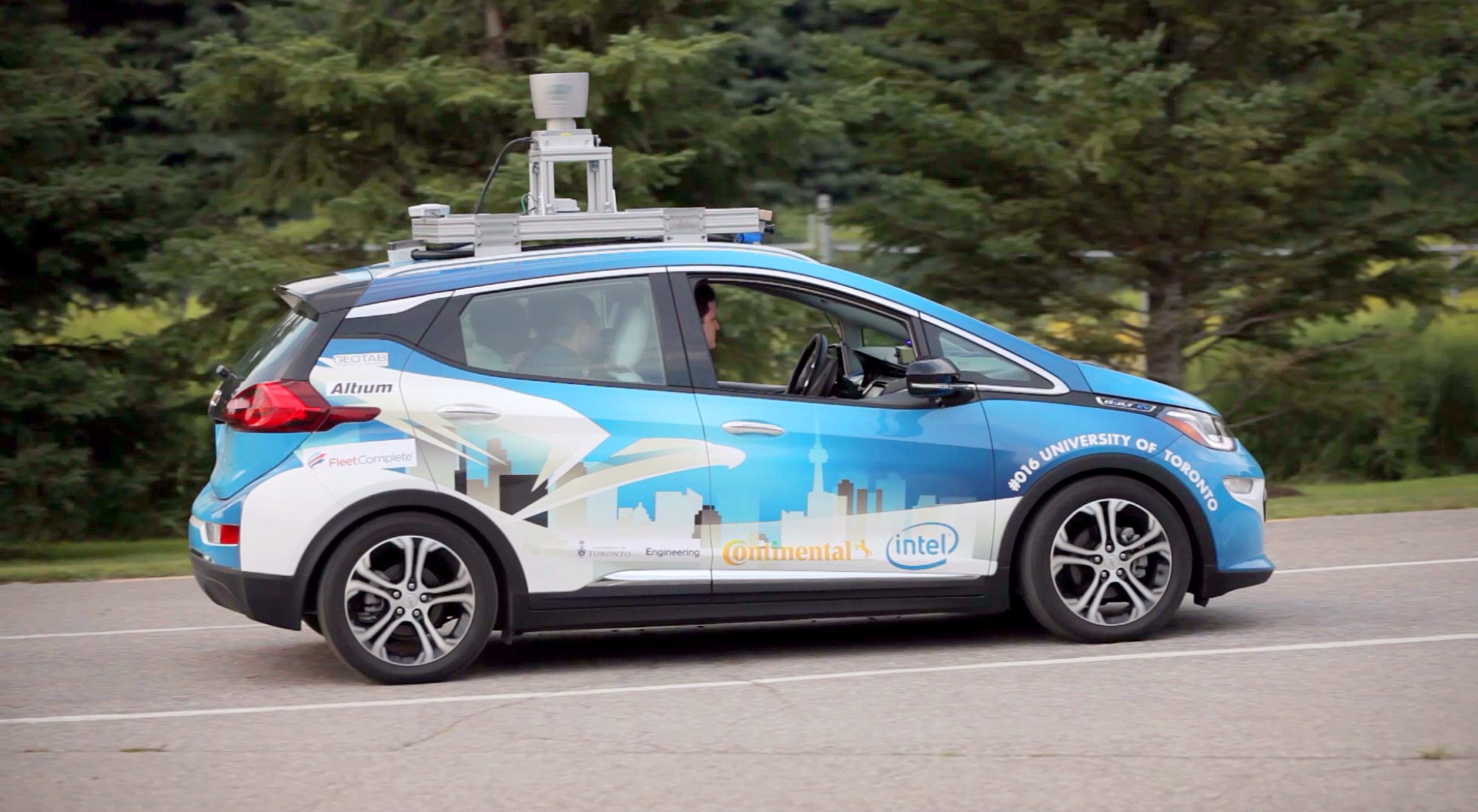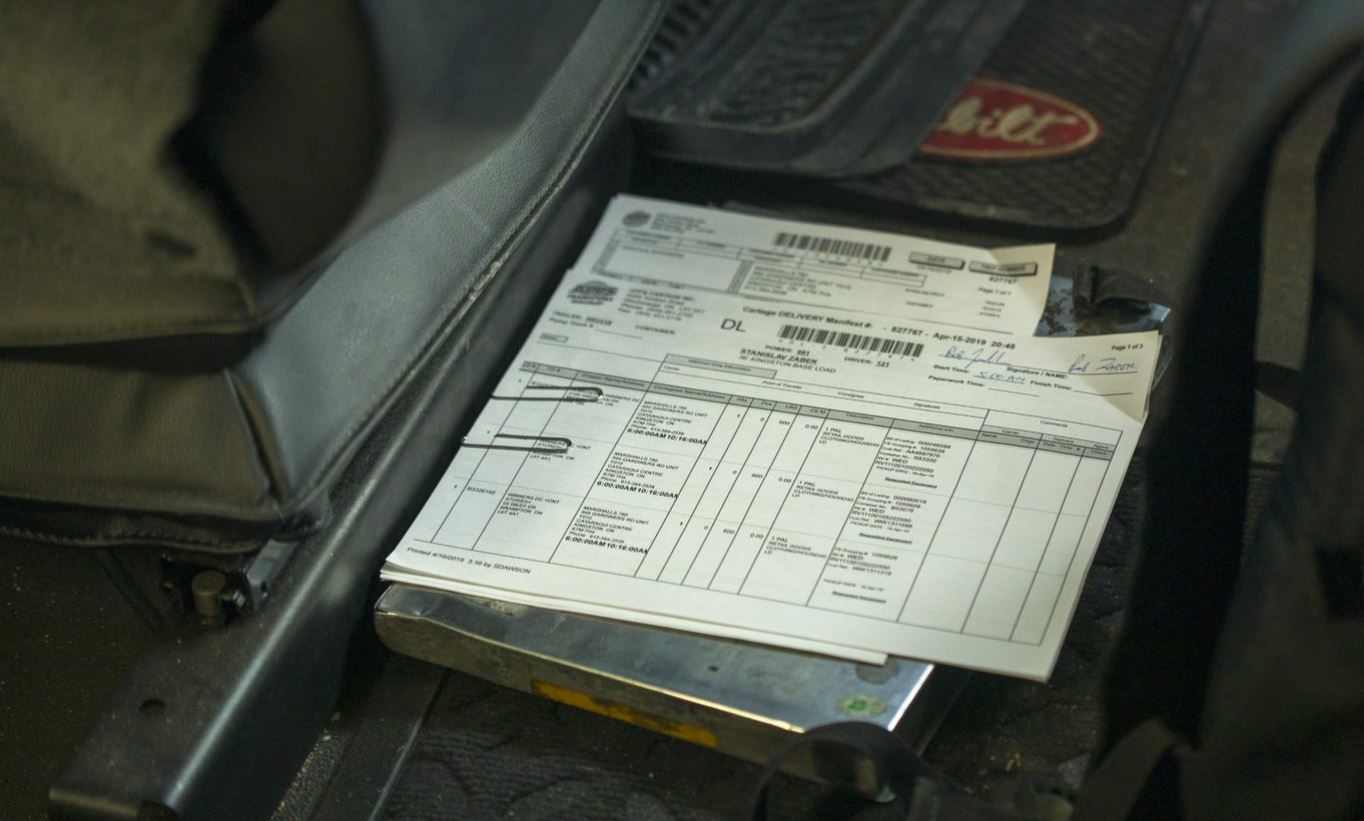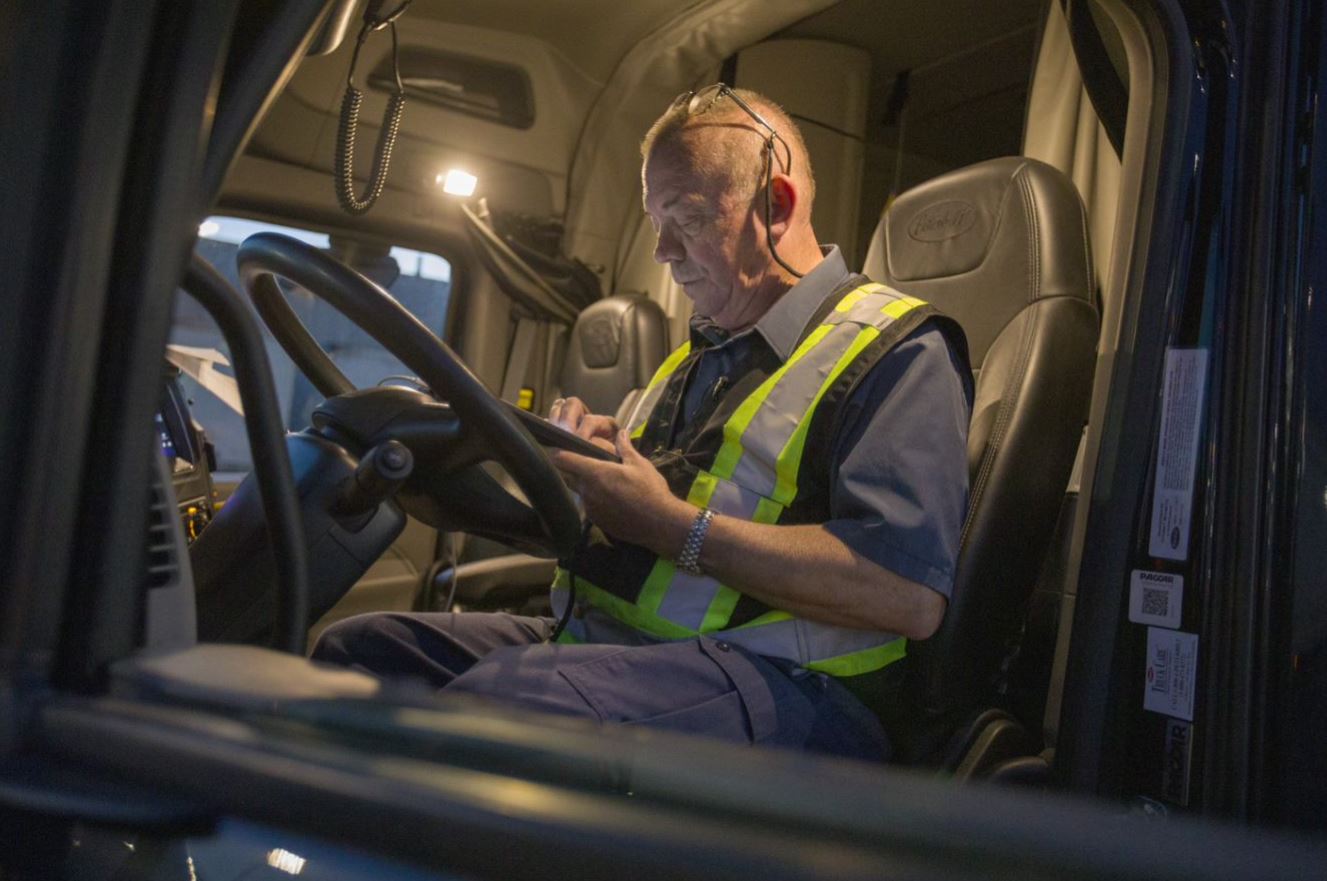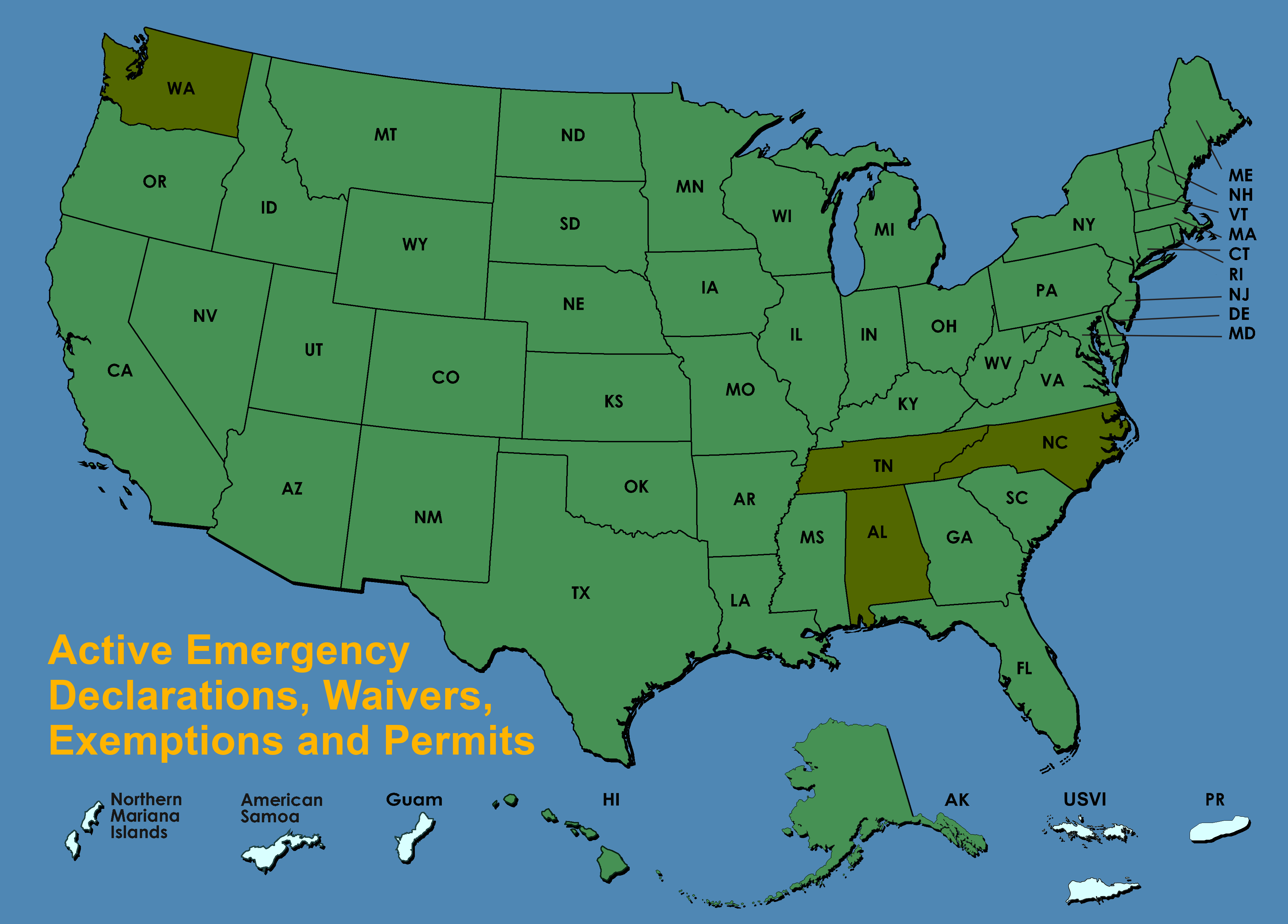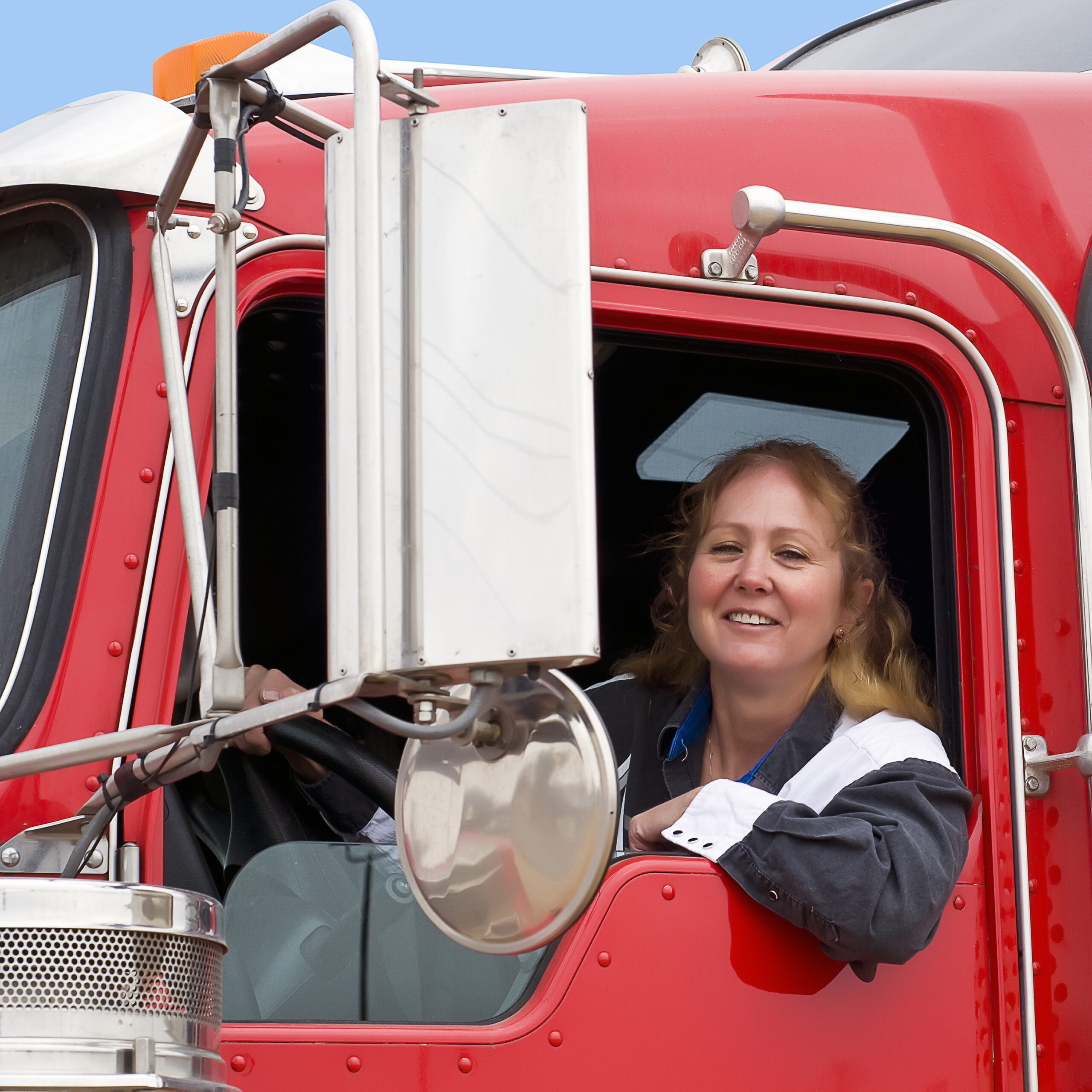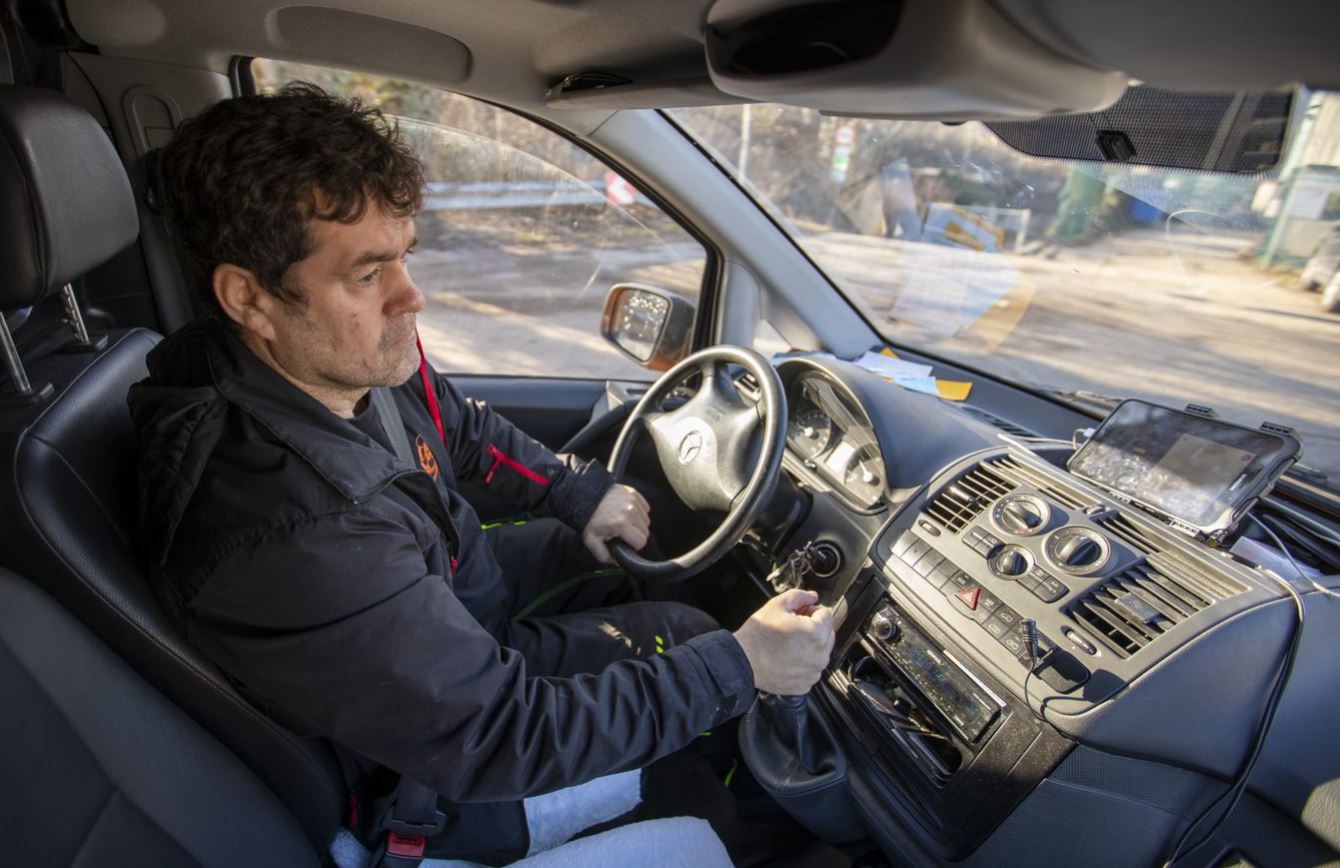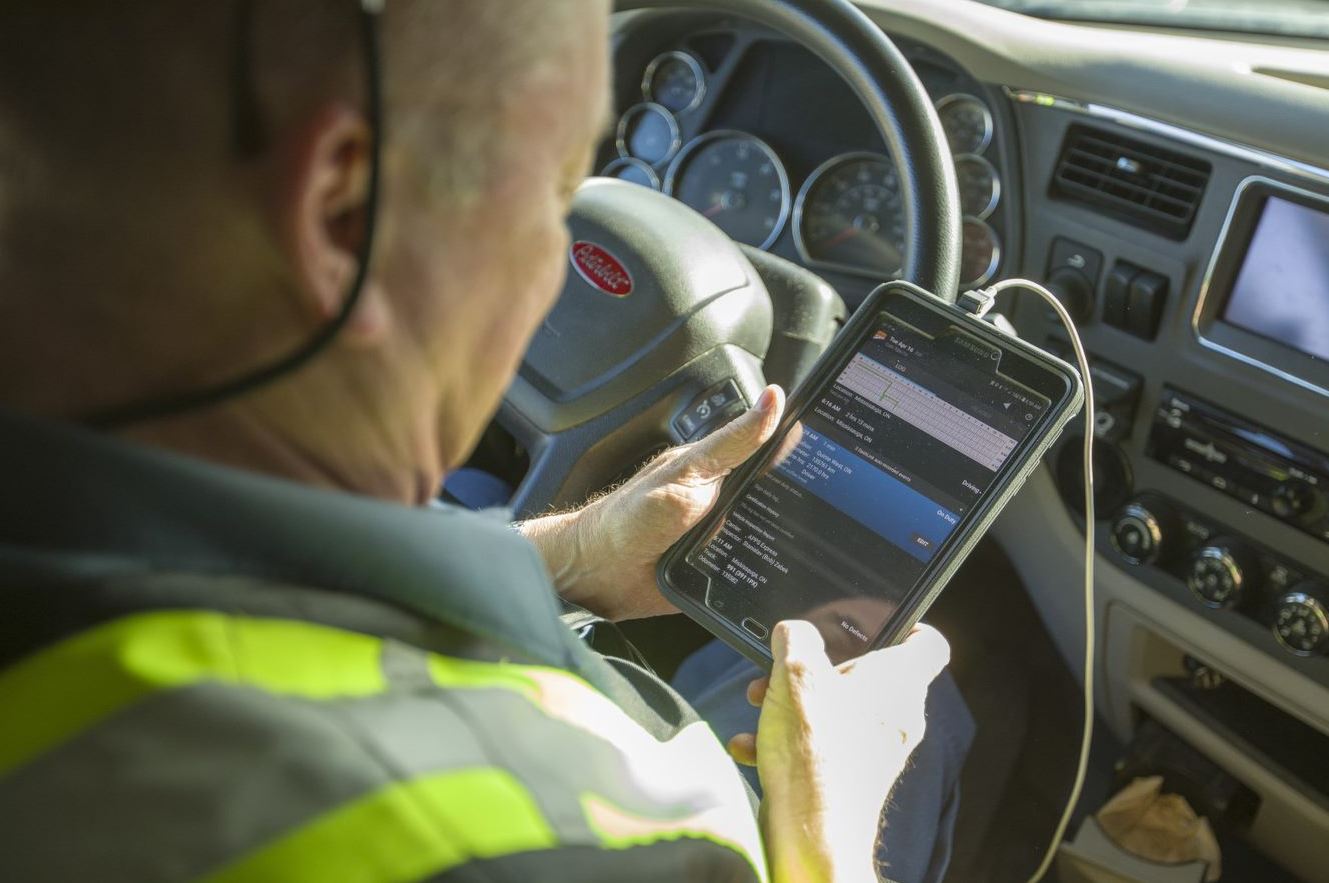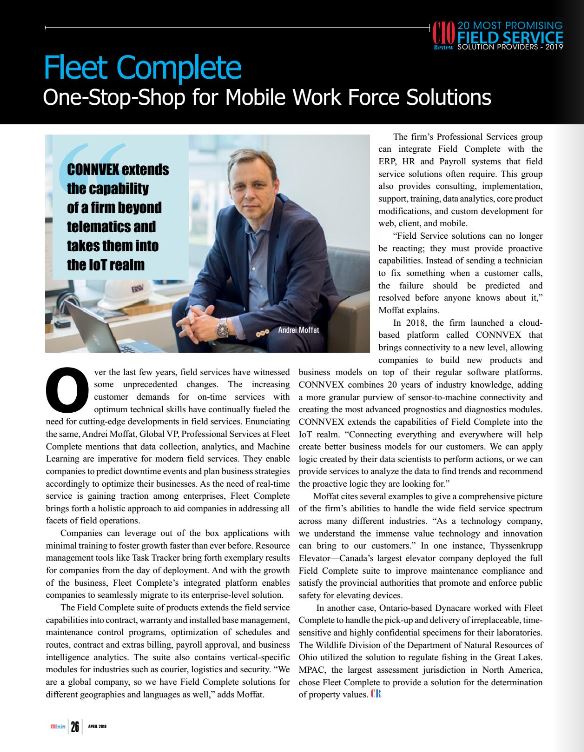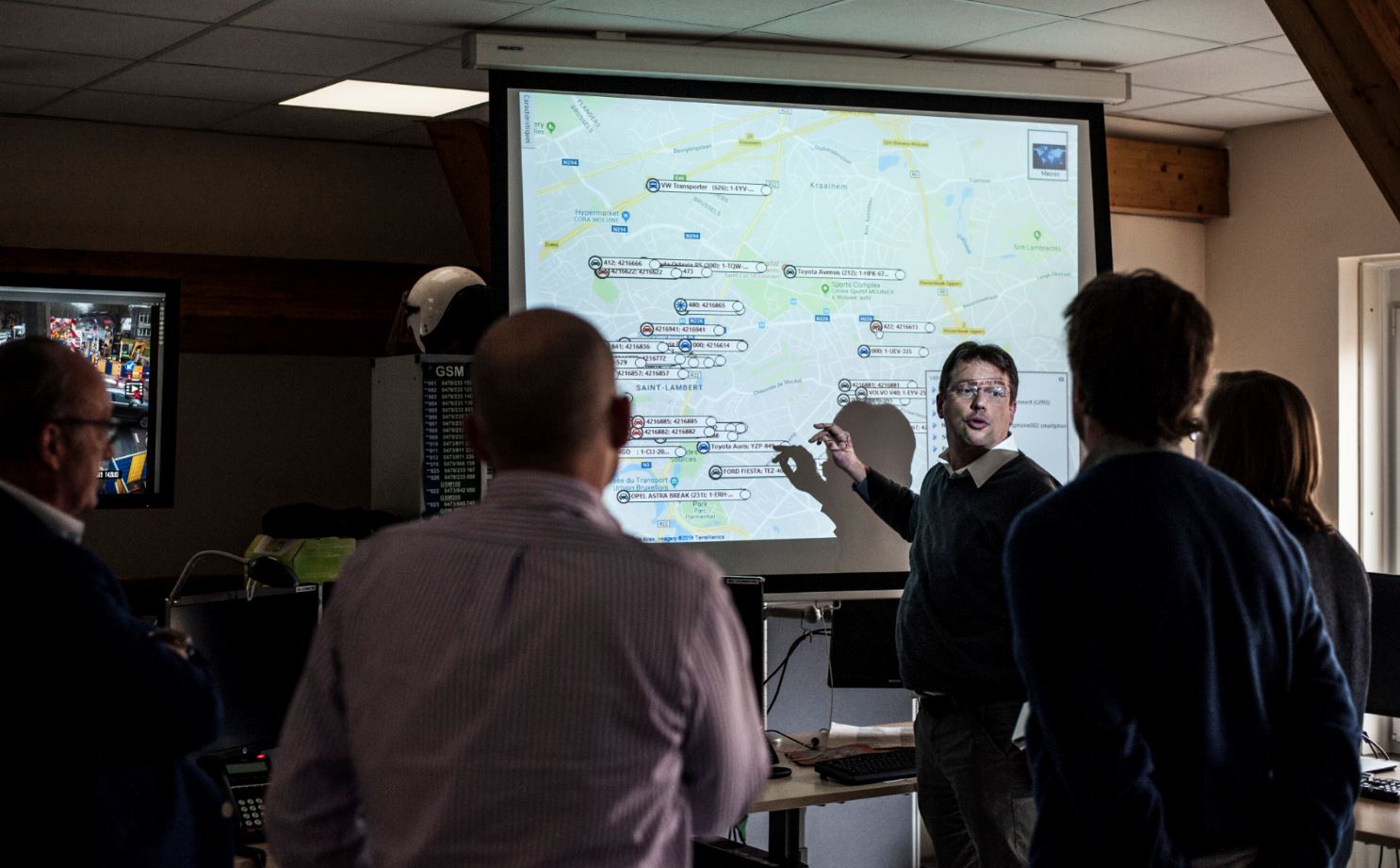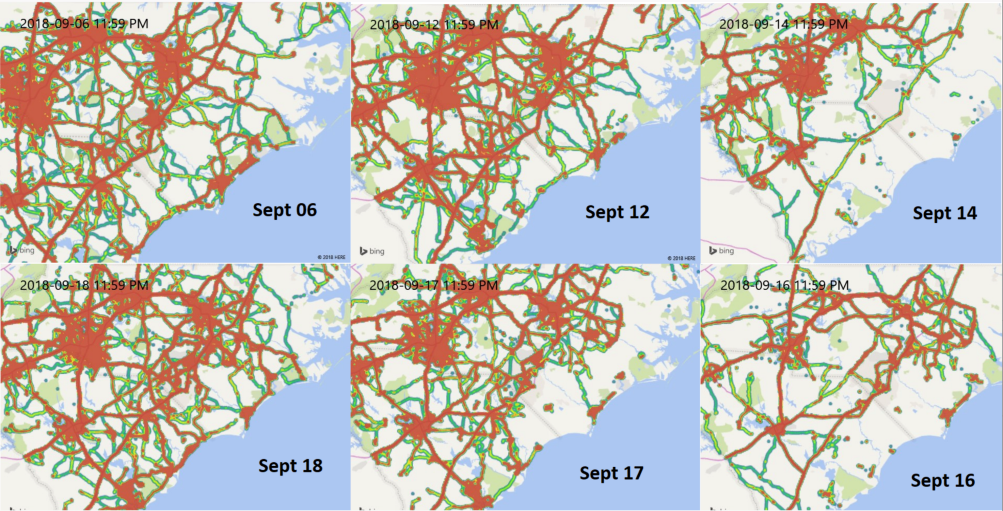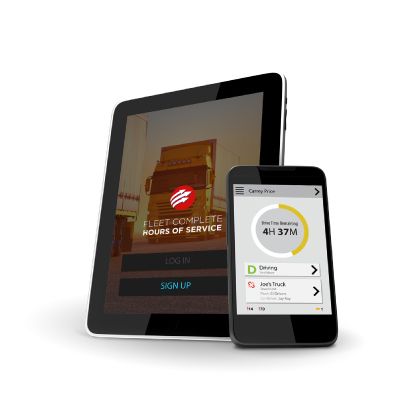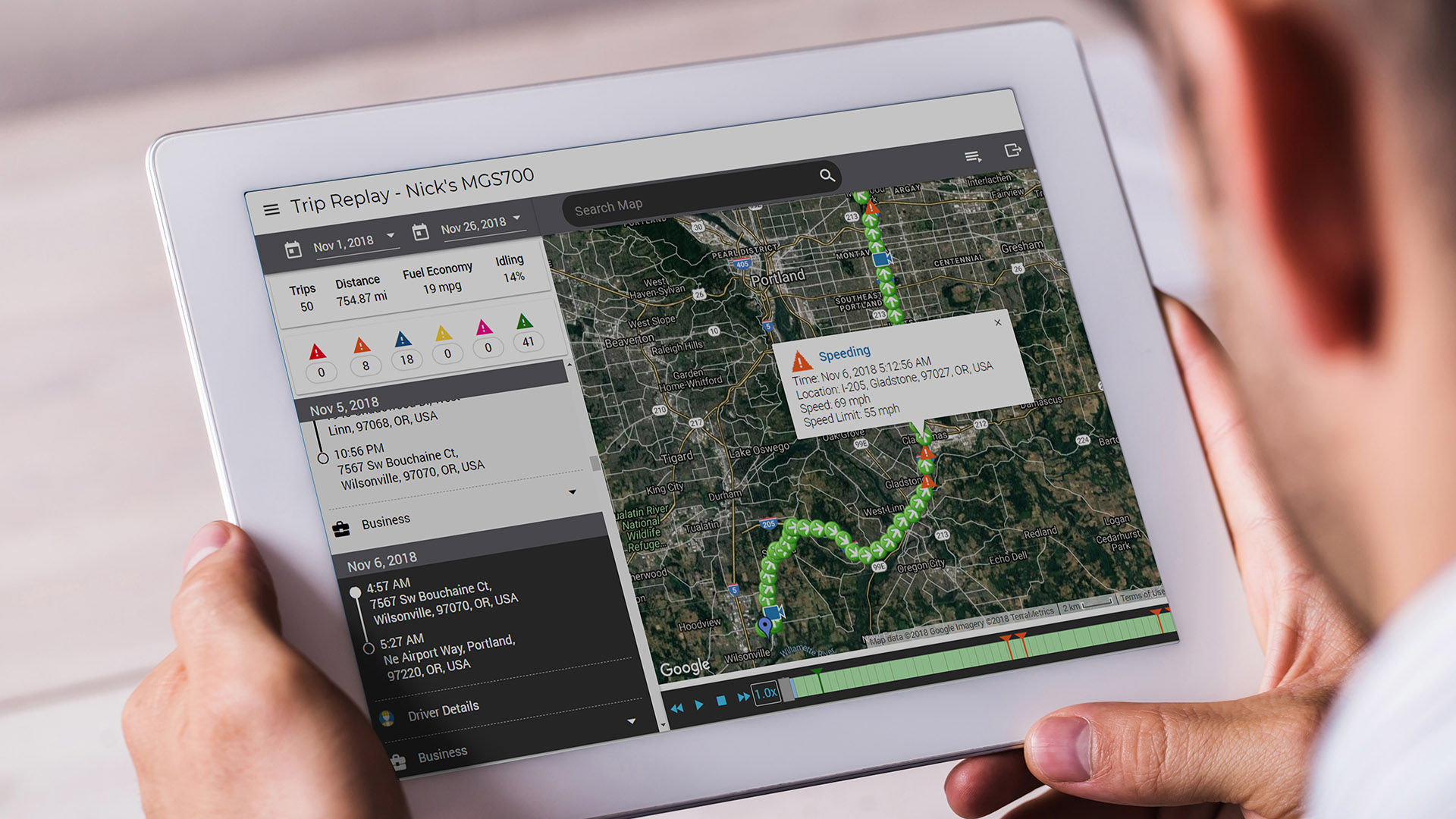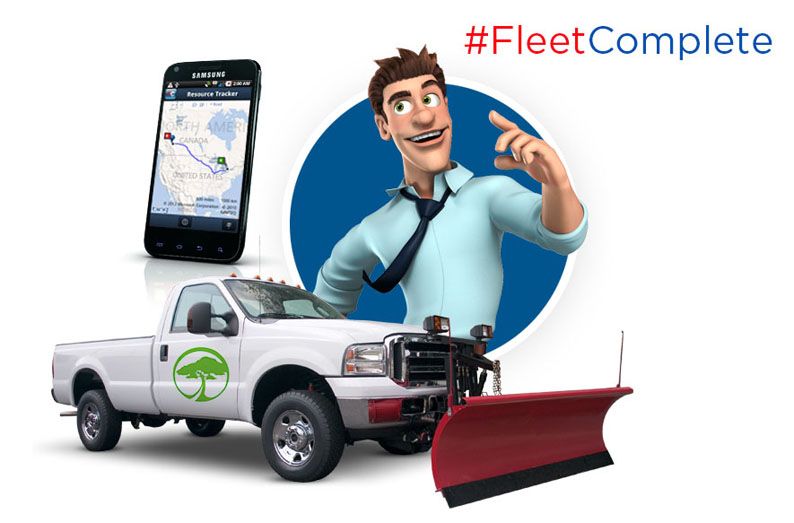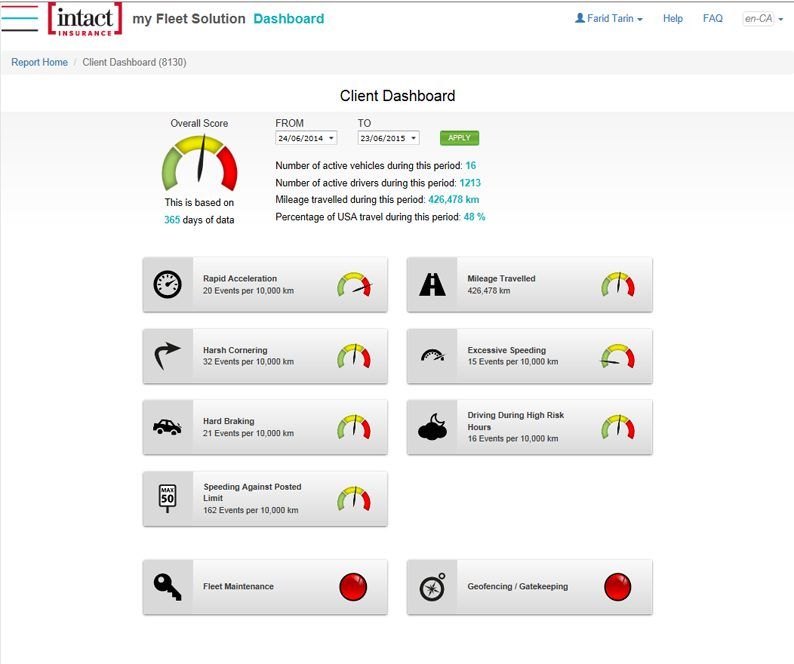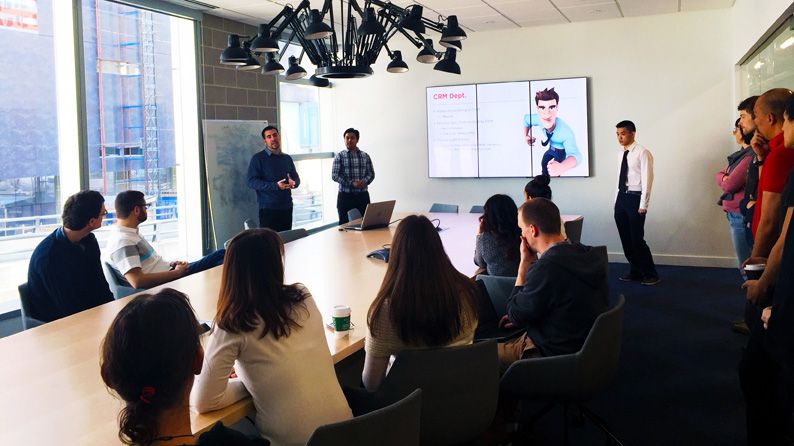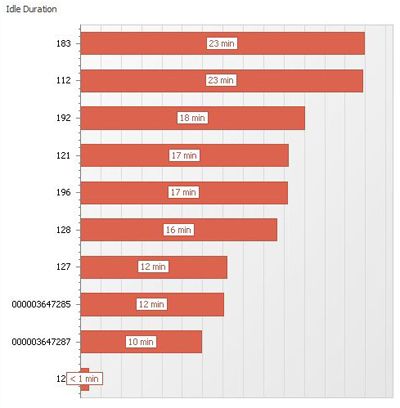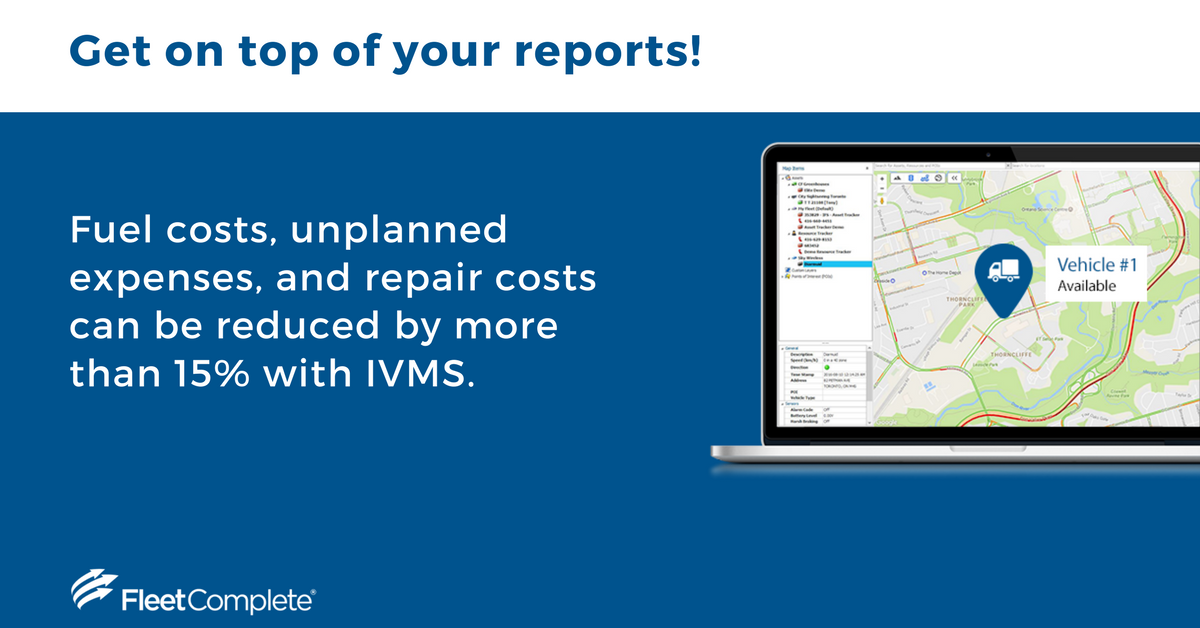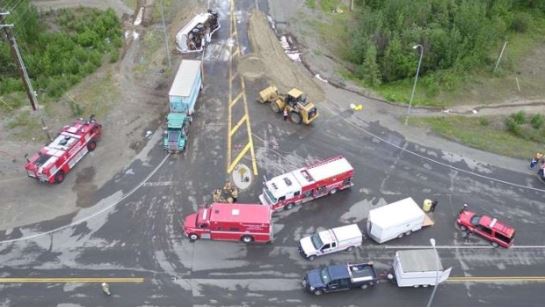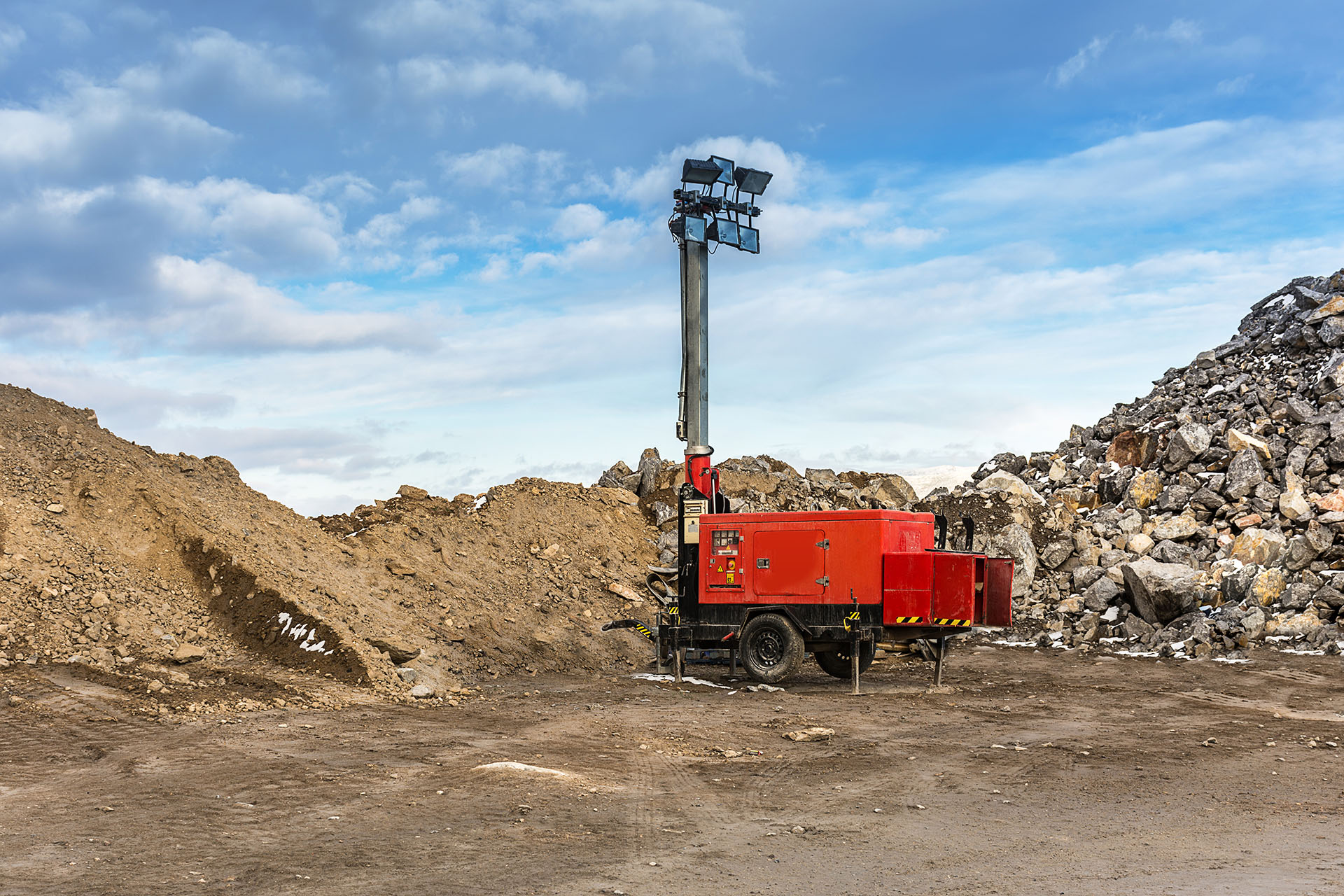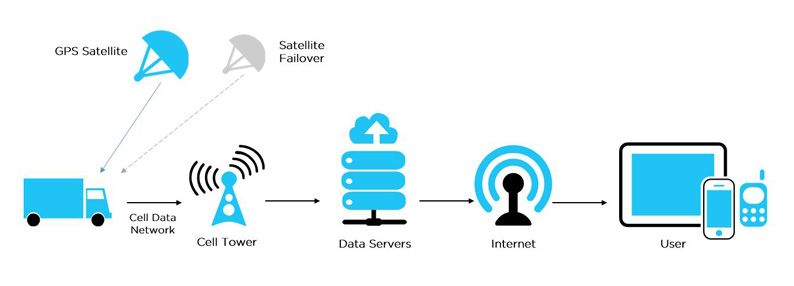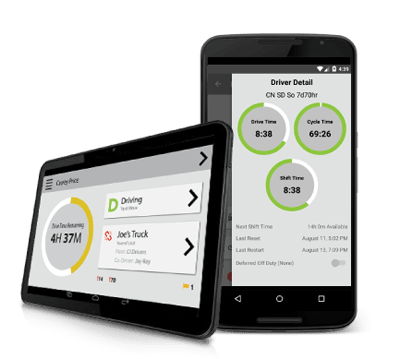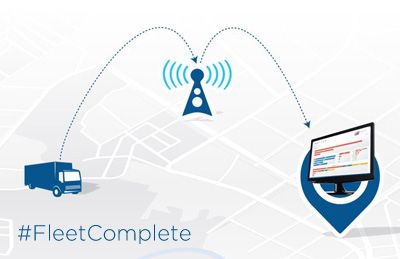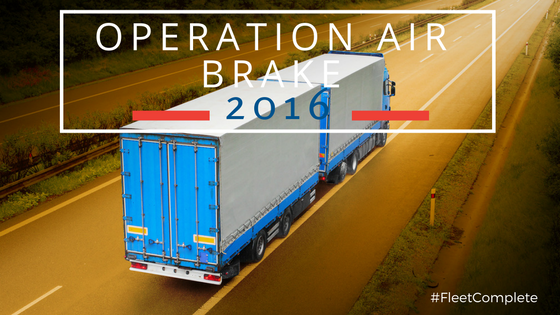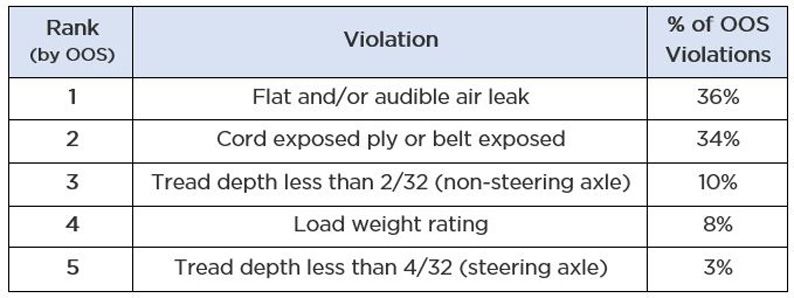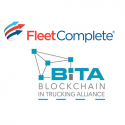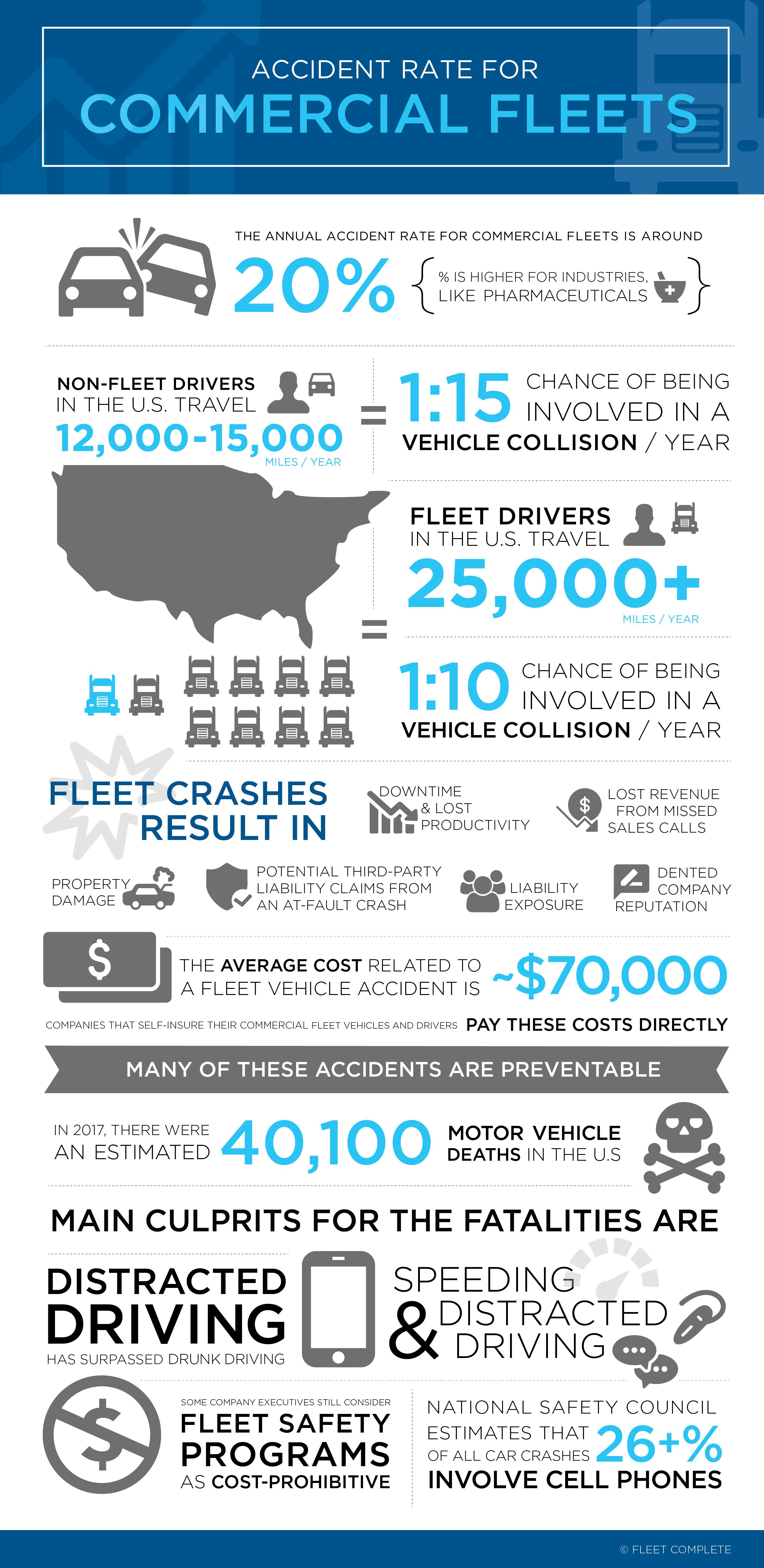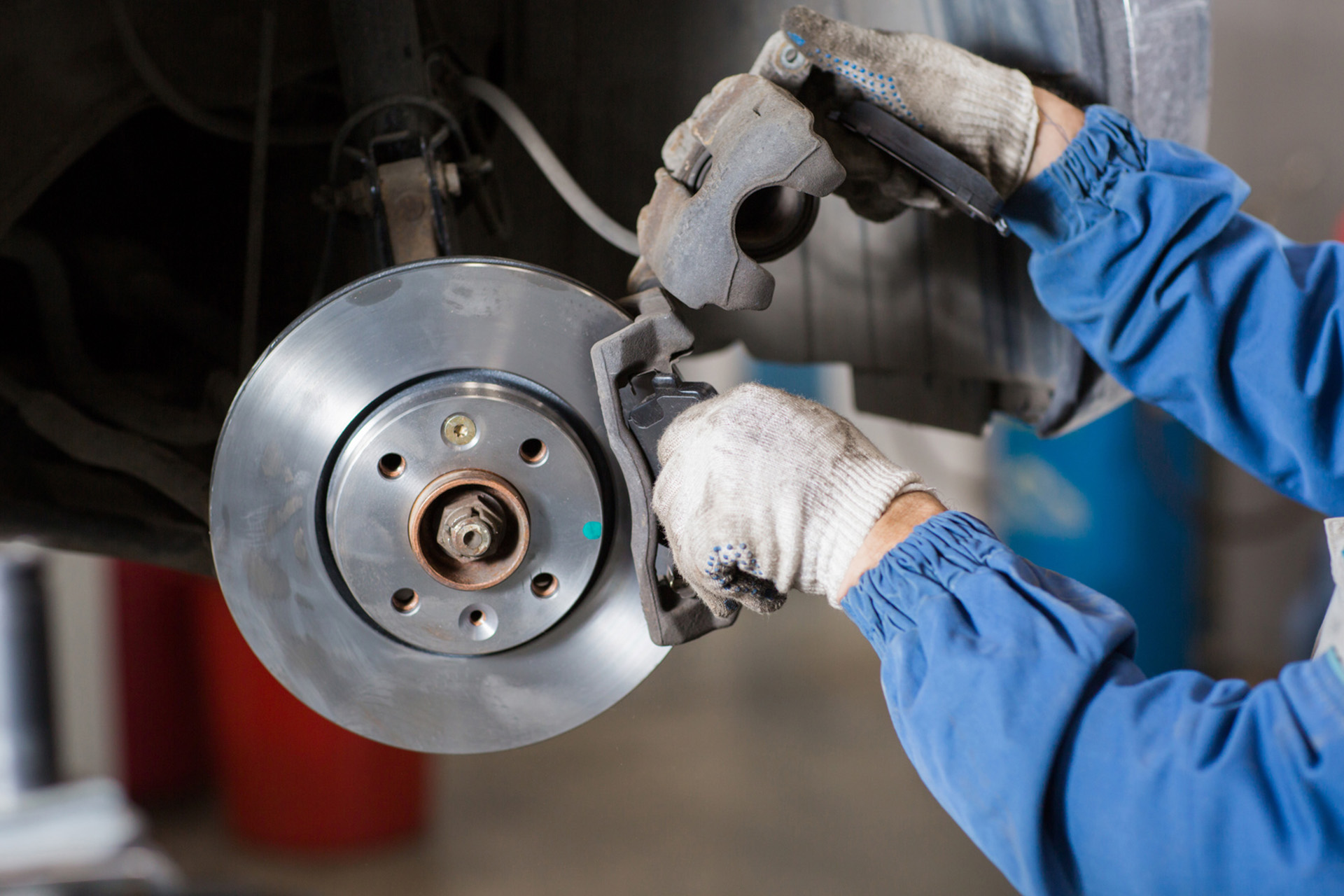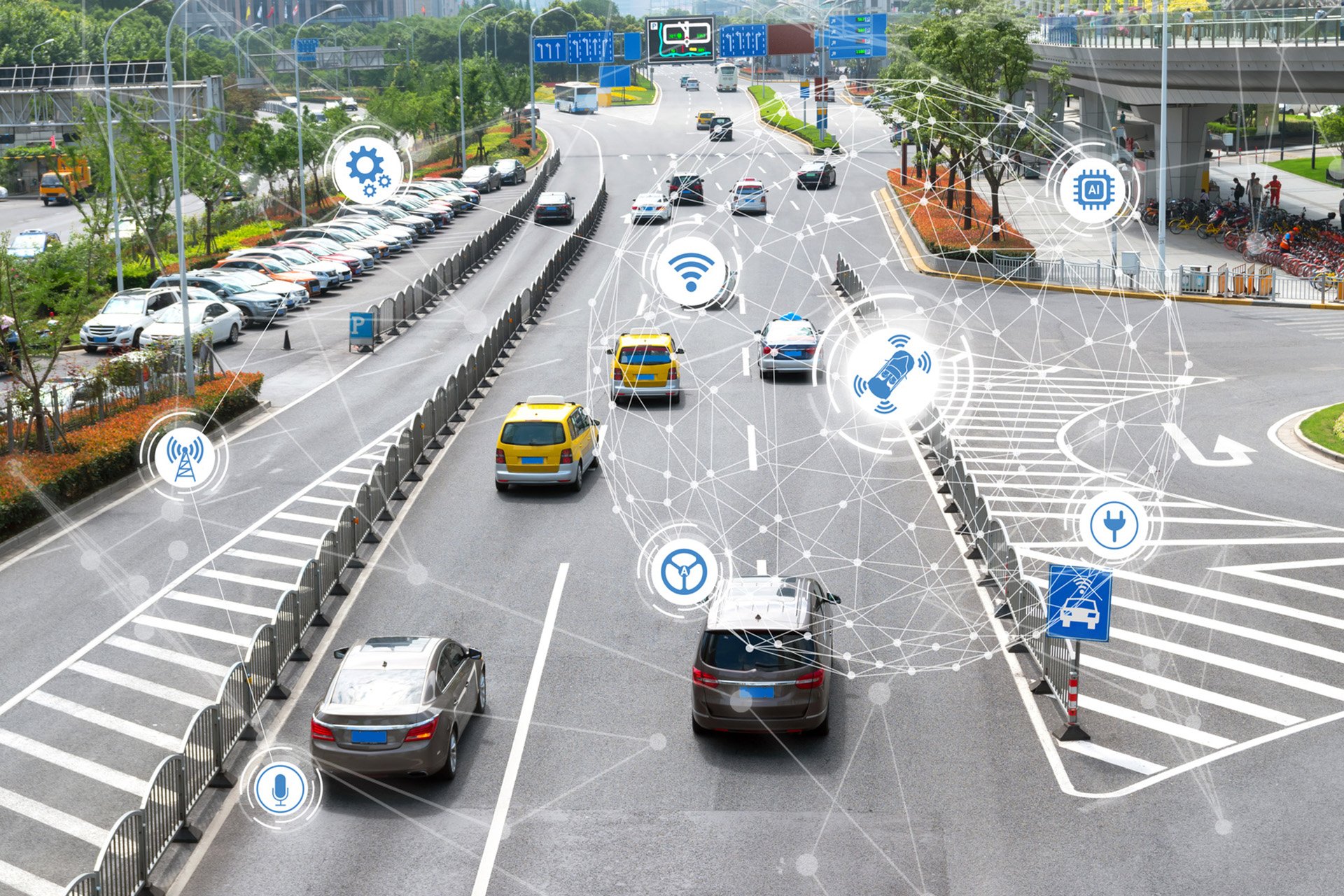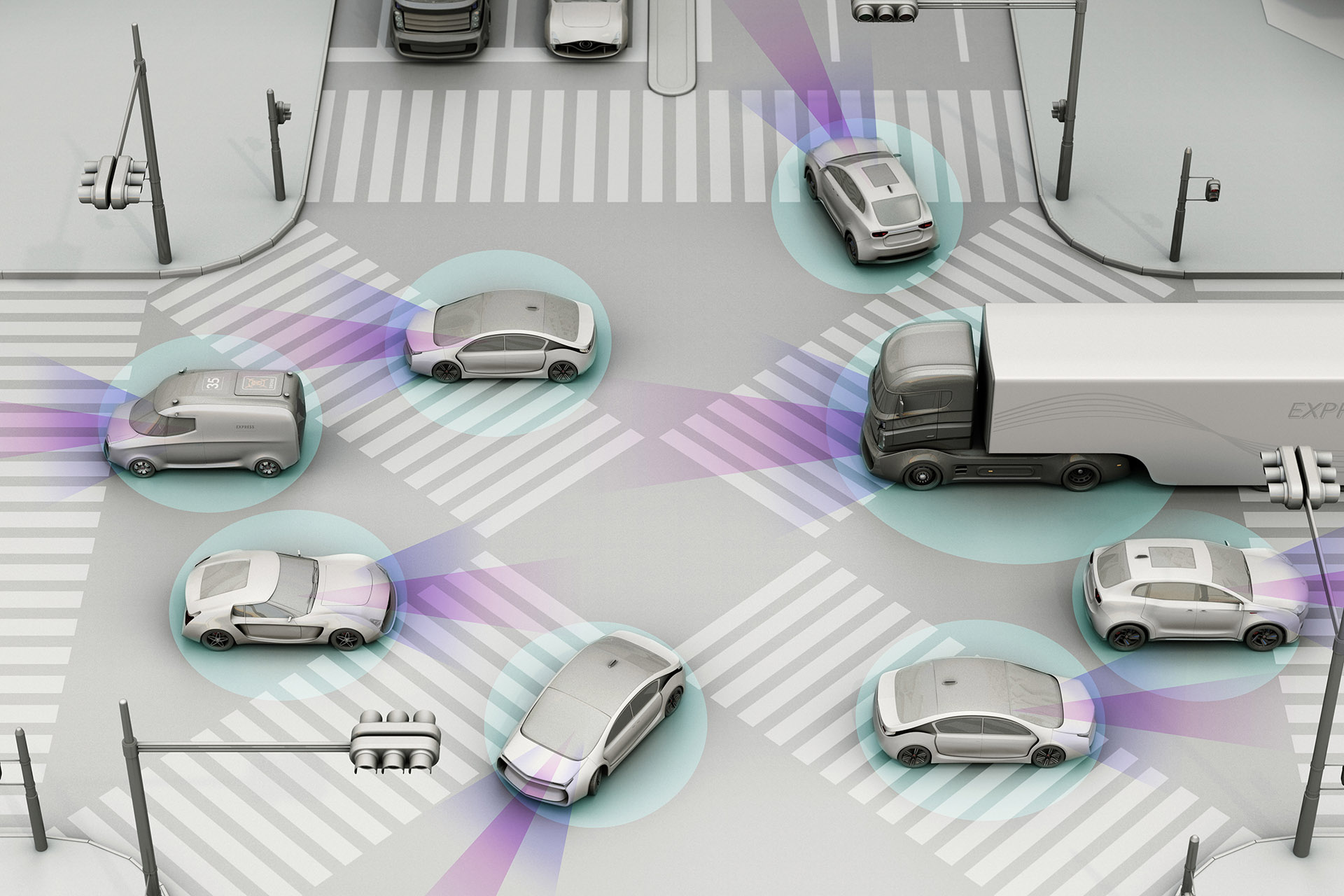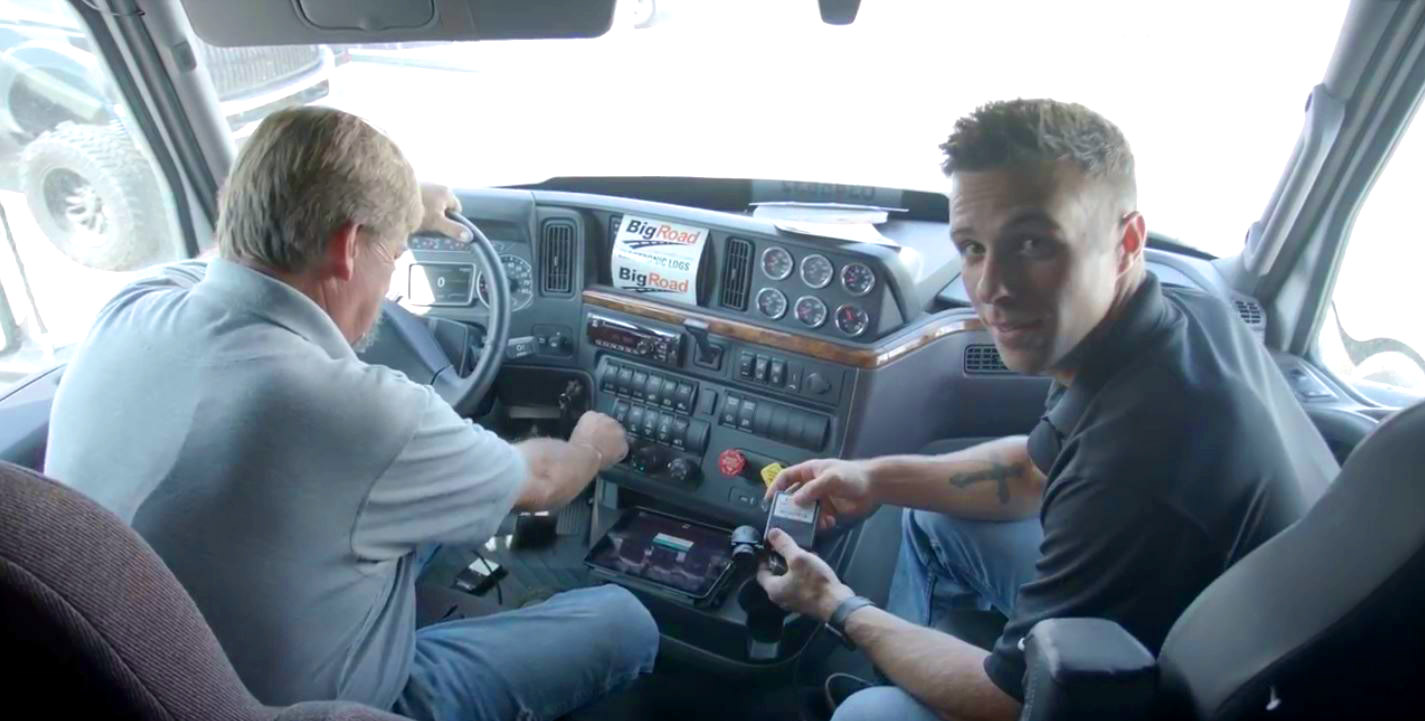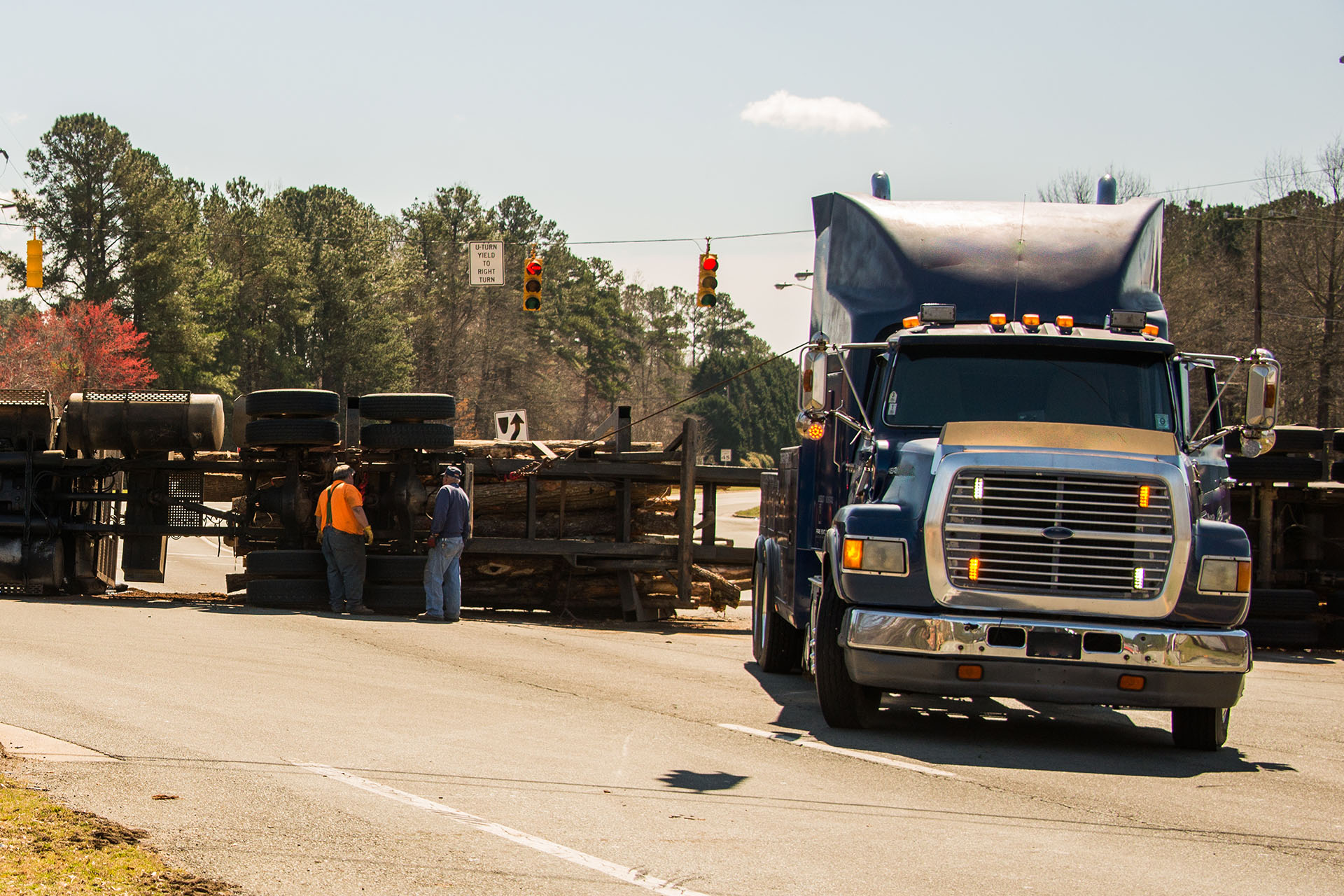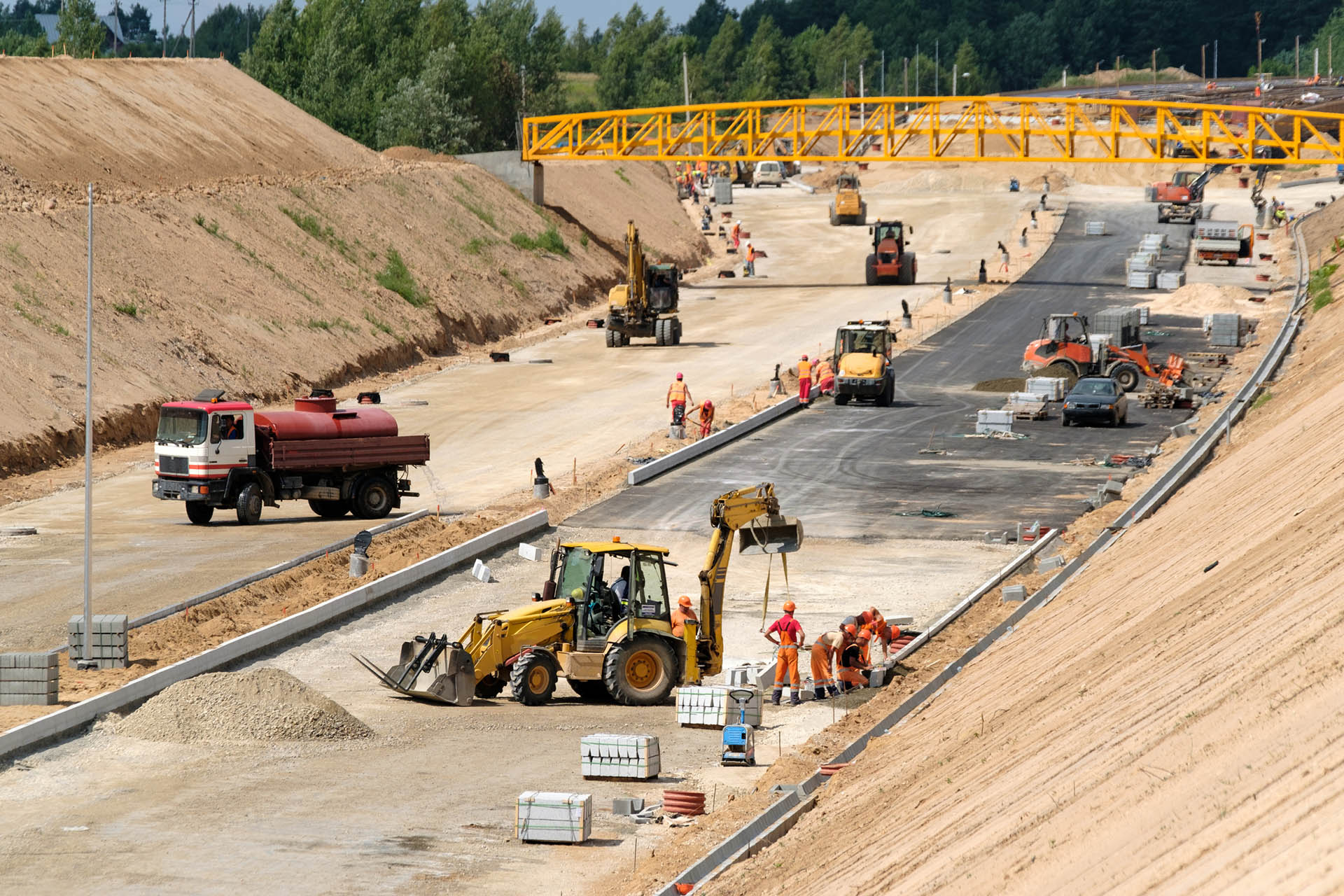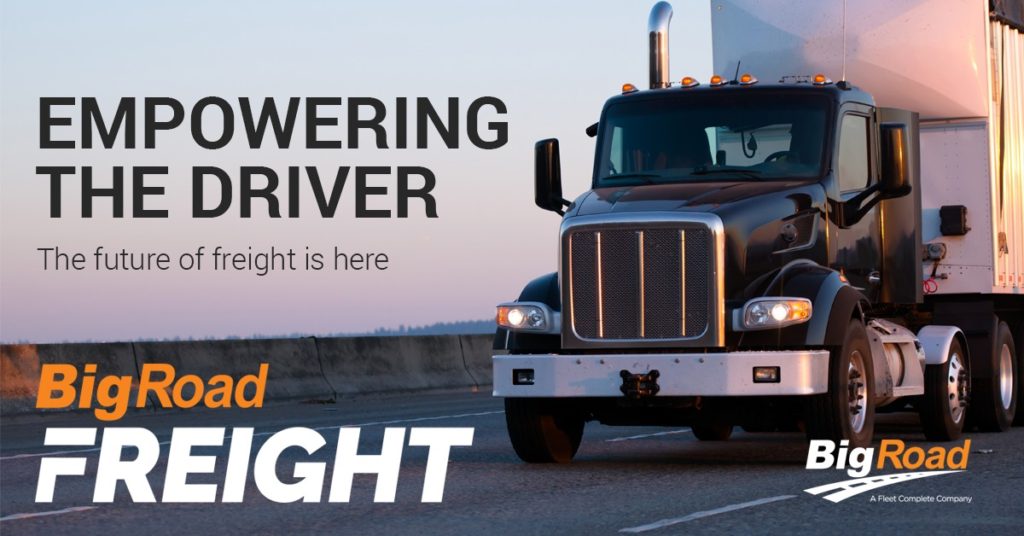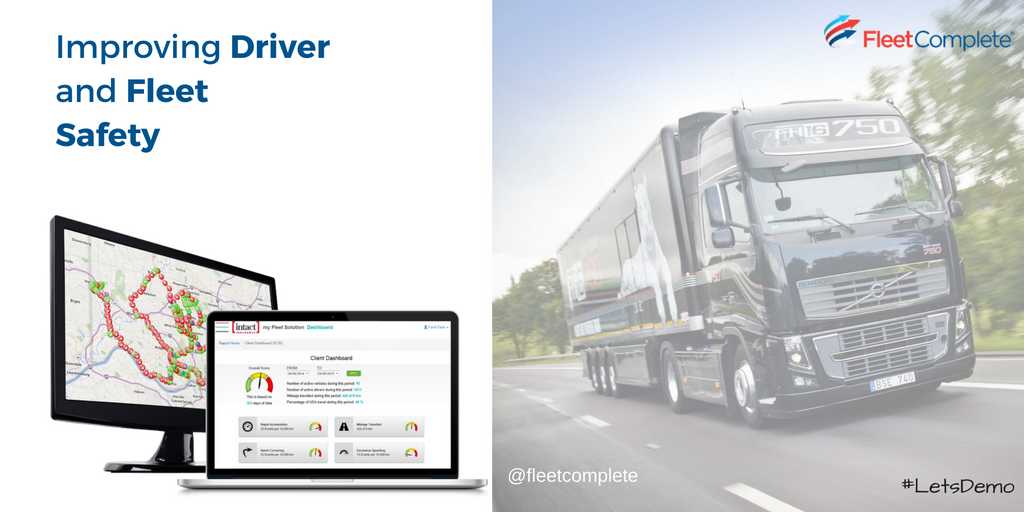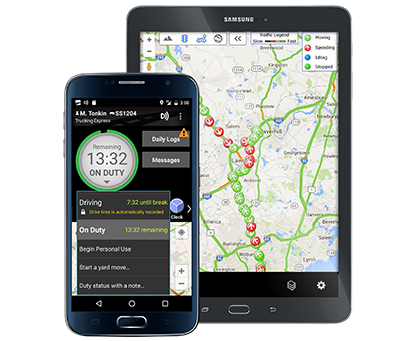Are driverless trucks a realistic prospect for the transportation industry?
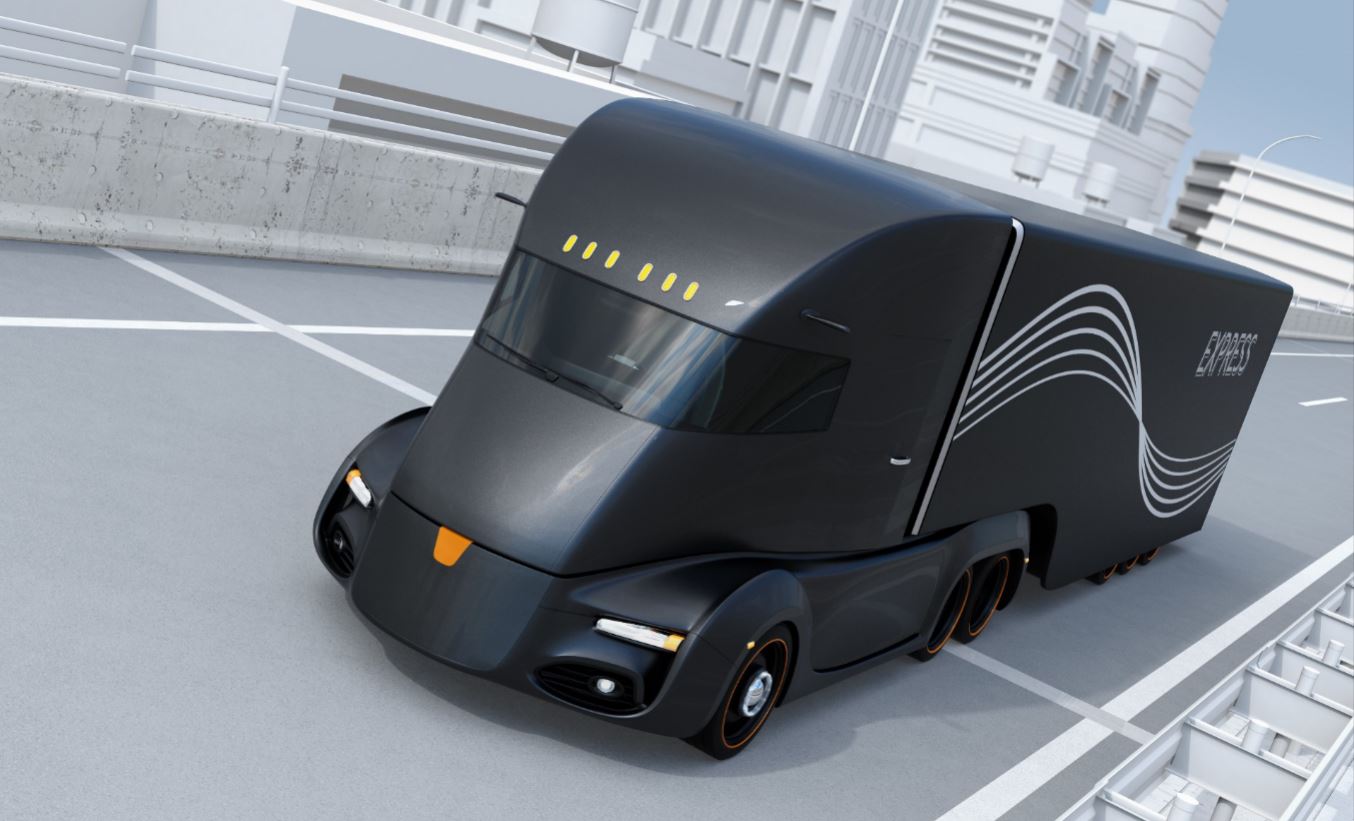 If you have been working in the trucking industry as long as I have, I never thought I would see the day where a driverless truck would be delivering freight for a motor carrier. Furthermore, when I first put this concept forward to my Transportation Safety Professionals Discussion Group on LinkedIn, I got a number of responses back from truckers that the idea was, quite simply, absurd. Yet lo and behold, such technology is just around the corner.
If you have been working in the trucking industry as long as I have, I never thought I would see the day where a driverless truck would be delivering freight for a motor carrier. Furthermore, when I first put this concept forward to my Transportation Safety Professionals Discussion Group on LinkedIn, I got a number of responses back from truckers that the idea was, quite simply, absurd. Yet lo and behold, such technology is just around the corner.At the same time, I am elated to see the profile of the trucking industry continues to gain in popularity. News stories about trucking are increasingly being streamed on all major public media outlets, and the technological revolution, involving telematics in particular, is becoming almost a daily phenomenon.
If you go back in time, it is easy to correlate that the movement of goods has been the catalyst of progress and transport evolution ever since humans understood the importance of trade. Technological advancements over the years have clearly been fueled by the desire to move goods as efficiently as possible to the benefit of humanity. While trucking has never been as efficient and professional as it is today, there is still a lot of room for improvement and more needs to be accomplished.
Transportation has been in the developing stages of an Internet-fueled global economy for the past 10 years, and it seems fair to say that we are on the verge of witnessing the economy jump to the next level. The signs are everywhere, including, but not limited to:
• China’s efforts to become a global logistics super power
• The rampant demand for same day or the next day delivery of goods
• The decline of storefront retail operations with a shift to cloud-based internet transactions for the purchase of perishable and other consumer goods
• Market leaders, such as Amazon, Tesla, Apple, Uber and Google, are increasingly becoming interested in the transportation of goods
• Global efforts by governments to reduce high-frequency and high-cost crashes
• Growth of telematics companies on a global scale
• Mandating ELD for commercial motor vehicles in the U.S.
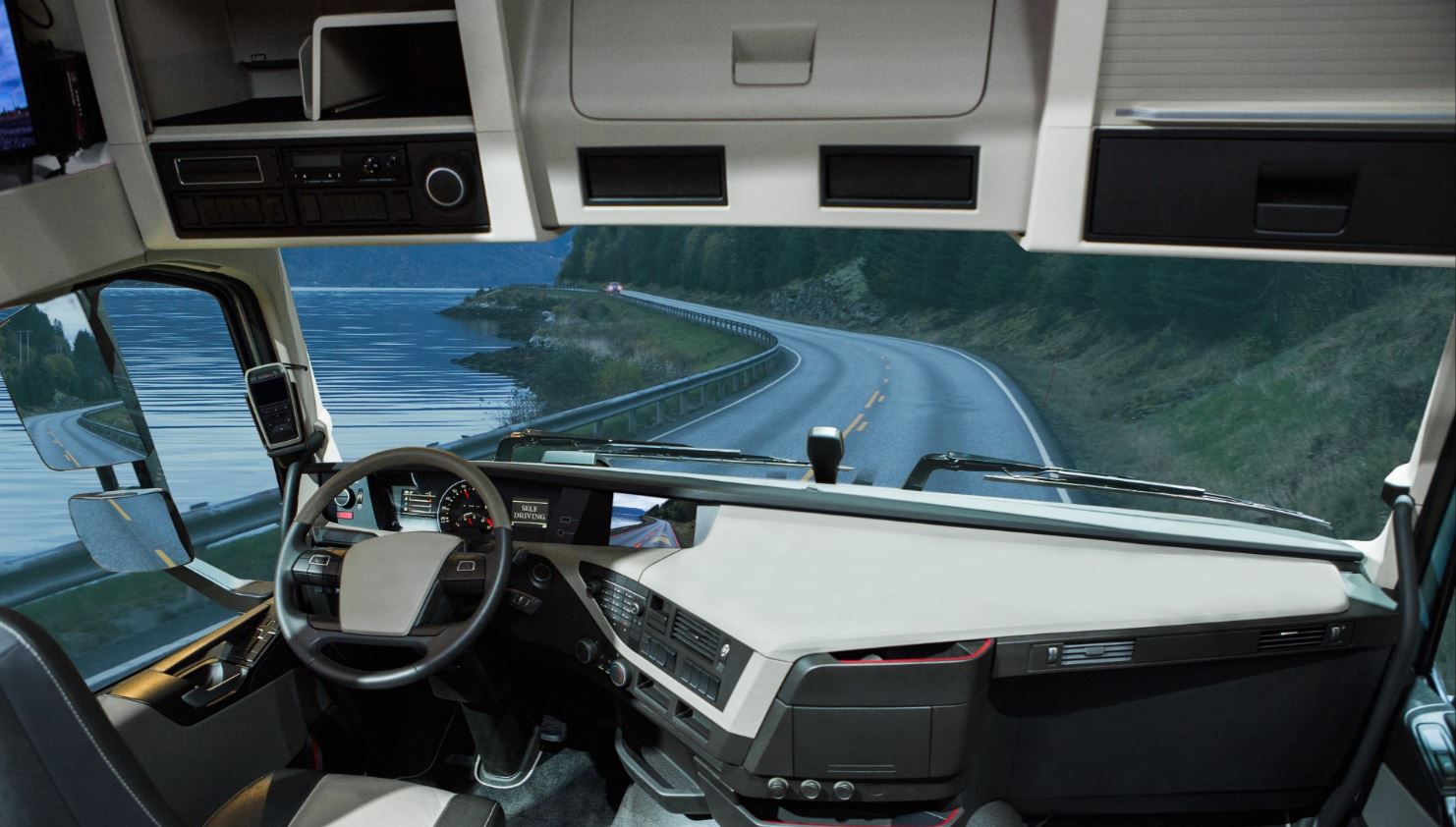 Not all of the emerging ideas around trucking are happening in a vacuum. Trucking is already a forefront industry in a local, regional, national, and global sense, and it is safe to say that the trend will continue in the future.
Not all of the emerging ideas around trucking are happening in a vacuum. Trucking is already a forefront industry in a local, regional, national, and global sense, and it is safe to say that the trend will continue in the future.
In the simplest terms, business segments that invest financially and intellectually in new technology, such as Powerfleet (formerly Fleet Complete), will be the industry leaders when the global economy goes to the next level.
On the flipside, segments that refuse to take on new technology and keep using paper-based approaches will continue to fall behind their competitors. Once that technology gap is entrenched, it will be very difficult for these segments to catch up and compete in the marketplace.
Efficient transportation providers that leverage telematics, developed by industry leaders such as Powerfleet (formerly Fleet Complete), will continue to have a strategic edge in the coming years.
Although these new trends can be intimidating for the layperson to grasp, history has clearly shown that segments that adopt these technological enhancements early on, as is the case with telematics, will be more agile, profitable and safer.





